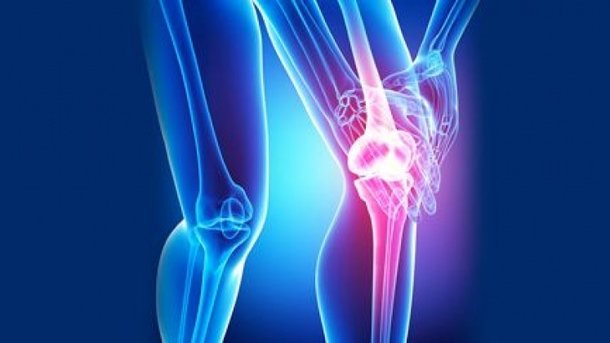
Arthritis is an inflammatory joint disease, common disease, which affects thousands of people around the world.
1. Joint pain night
Each person has an individual pain threshold, writes medinfo.ua. But if the pain is so strong that it affects the quality of sleep and makes you Wake up in the night, it is a sign of osteoarthritis.
Pain in osteoarthritis is caused by thinning of the cartilage that eventually leads to friction of the bones of the joint. Yes, the pain can be unbearable and prevent sleep.
2. Stiffness of the joints after sleeping
Stiffness of the joints after a night’s sleep or a long period of inactivity, for example after watching the movie, is a sign of rheumatoid arthritis.
3. Sudden excruciating pain in the big toe
Sudden excruciating pain in the big toe signals, most likely of gout – a common form of arthritis.
4. Pain in knees when climbing stairs
Usually people experience pain in knees when climbing stairs, especially when throwing down, when they have osteoarthritis.
This condition is exacerbated if a person has extra weight, because the load on painful joints increases.
5. A condition similar to the flu
Flu-like condition, combined with the stiffness and pain in the joints, may indicate rheumatoid arthritis.
This type of arthritis refers to a systemic inflammatory disease, when the inflammation involves the entire body, in contrast to isolated inflammation that is limited to one or more joints, as in osteoarthritis.
6. Seal on the fingers, similar to the bumps
Seal at the last (ungual) phalanges of the hands are called nodules Heberden, and a solid education on the middle phalanges of the fingers – nodules Bouchard.
These seals are bone doctors use as visual information for the diagnosis of osteoarthritis.
7. Difficulties with fine motor skills
You can’t put the key in the lock or button your shirt? Usually, this is associated with rheumatoid arthritis, which affects small joints and makes the fingers moving not enough.
Rheumatoid arthritis is a symmetrical disease, i.e. simultaneously affected joints of both hands or feet.







